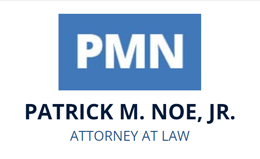What Will Happen To My Pension In A Divorce?
During a divorce when the subject of property division comes up, there are often many questions concerning how to properly divide the pensions of the parties. You want and need a divorce attorney on your side who can clearly explain the process and what your options are. More importantly, your lawyer needs to be able to ensure that these assets are valued correctly before they are divided.
Call 716-803-8741 to schedule a phone consultation.
Dividing Retirement Benefits
Under current New York law, each spouse is entitled to a portion of retirement benefits that were accumulated during the lifetime of the marriage. This can include:
- 401(k) division
- IRA division
- Pensions
- 403(b)s
- Investment portfolios
- Other types of retirement accounts and investments
There are different formulas that can be used to determine correct asset valuations for pension and retirement accounts. Using these properly is a key factor.
What Is a QDRO?
Additionally, the parties should file a qualified domestic relations order (QDRO). This will allow a transfer of pension funds to occur without taxes being assessed. The execution of the QDRO and transfer of these funds can take place separately and outside a divorce proceeding, including when retirement occurs.
Patrick M. Noe Jr. and our experienced support staff have extensive knowledge when it comes to the equitable division of retirement funds. We work with respected professionals, such as accountants, tax attorneys, QDRO specialists and financial analysts, to ensure our clients are protected and receive the funds they are entitled to. We are always prepared to aggressively negotiate these kinds of complicated issues on your behalf or litigate them in court, if necessary.
Leave Your Marriage With Financial Certainty
If retirement benefits are a key asset that needs to be dealt with during a divorce, you cannot afford to work with an attorney who is less than experienced in such issues. Call us in Buffalo and Amherst, New York, at 716-803-8741. You can also contact us online to set up an appointment where we can learn more about your concerns regarding your retirement benefits.

